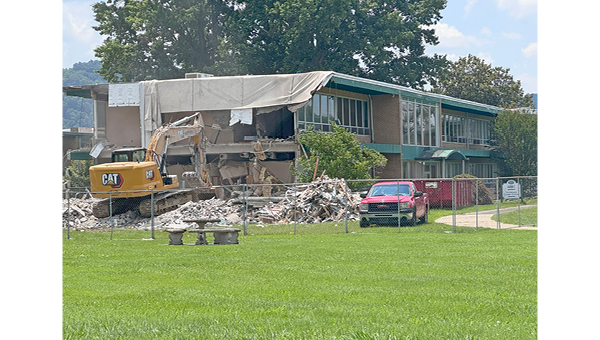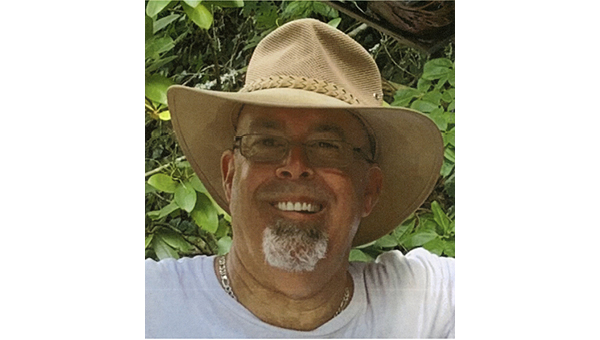Harshbarger fights for rural healthcare
Published 10:49 am Tuesday, February 11, 2025
|
Getting your Trinity Audio player ready...
|
Congresswoman Diana Harshbarger (TN-01) has introduced the bipartisan Rural Physician Workforce Production Act alongside Representatives Kim Schrier (D-WA) and Don Bacon (R-NE) to bring more doctors to rural areas.
One of the key indicators of where a doctor will practice is the location of their residency, but some rural hospitals cannot afford to take on new residents, despite the need. The Rural Physician Workforce Production Act addresses the unequal distribution of physicians in rural and underserved communities across the country, stemming from the current structure of Medicare-funded graduate medical education (GME).
This legislation accomplishes the following: – Lifting the current caps on Medicare GME reimbursement payments to rural hospitals that cover the cost of taking on residents; – Allowing Medicare to reimburse urban hospitals that send residents to train at rural health care facilities during a resident rotation; – Establishing a per-resident payment initiative to ensure rural hospitals have the resources to bring on additional residents.
Trending
Rep. Harshbarger issued the following statement:
“I’ve been a pharmacist for over 30 years in East Tennessee, serving residents who live and work in rural America, so I have a deep understanding of their needs. The healthcare needs of folks living in rural areas are just as severe as those living in urban areas, but due to a lack of physicians, they often aren’t met as urgently as necessary. The lack of physicians in communities like mine leaves a void in access to vital care that my legislation fills.”
“As a doctor, I understand the importance of accessible, dependable care. In many parts of my district, residents are forced to drive a significant distance to visit their doctor,” said Congresswoman Schrier. “That’s why I am glad to introduce this commonsense, bipartisan legislation to increase the number of health care providers in rural areas and alleviate physician shortages, which is a key step to improving health care access and overall care for my constituents.”





